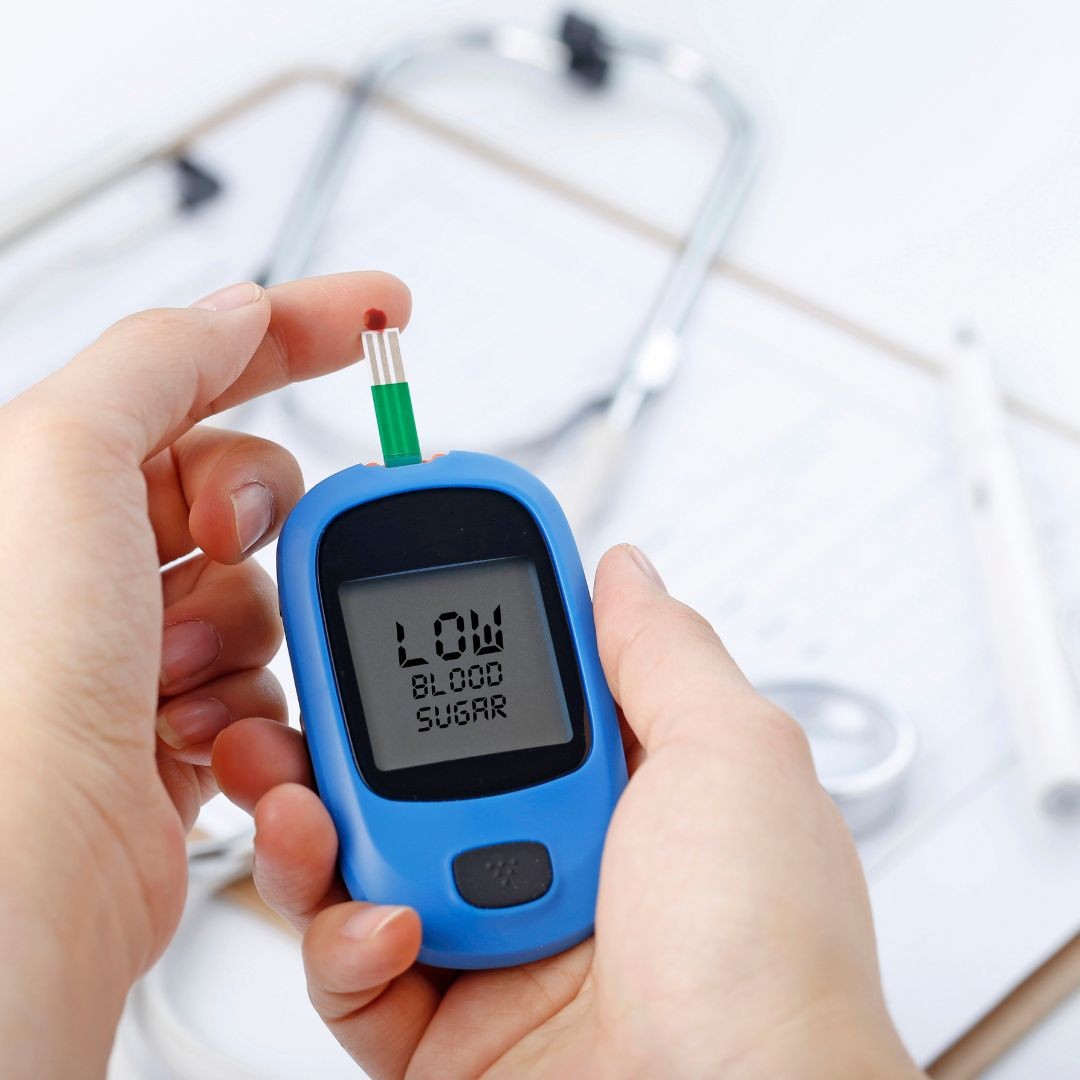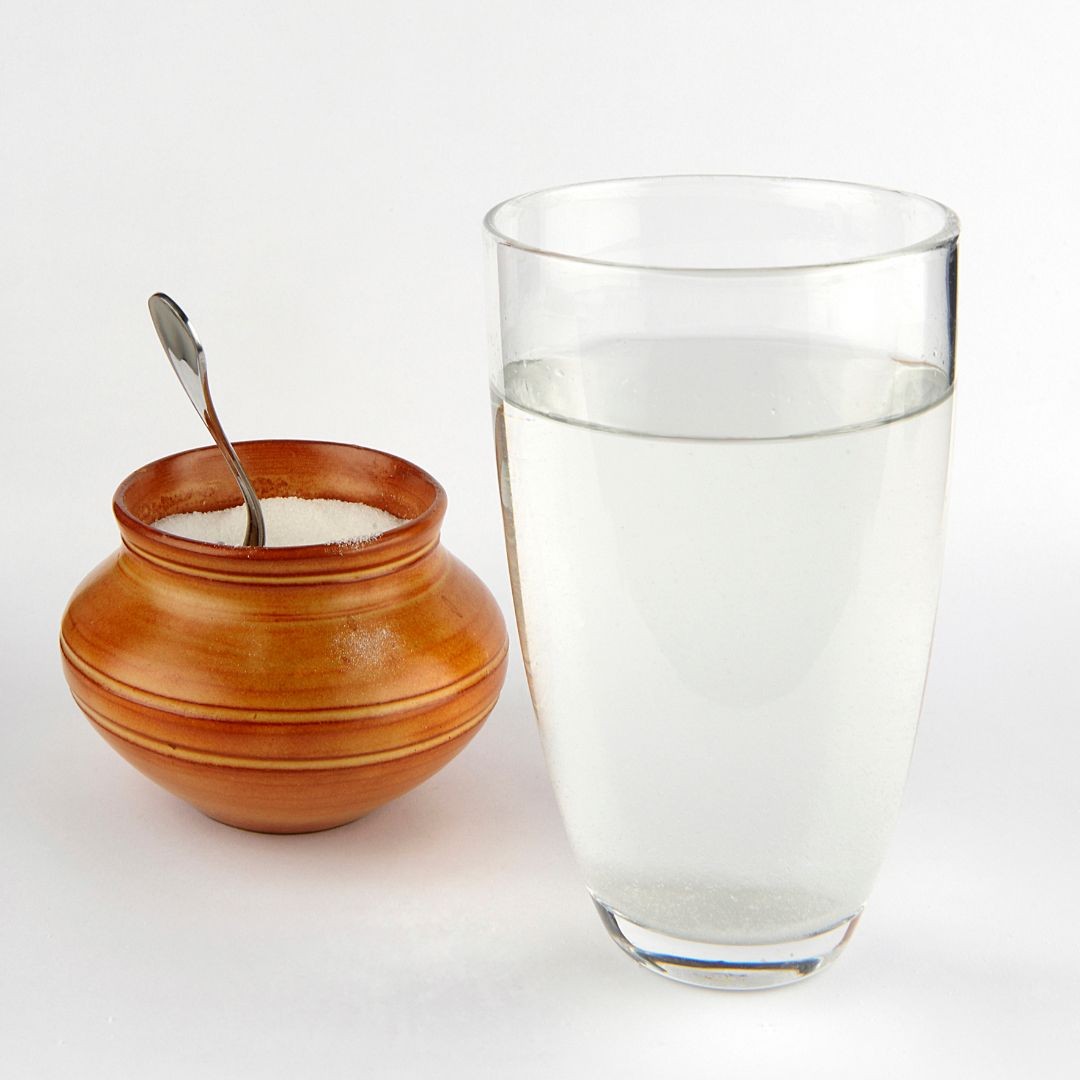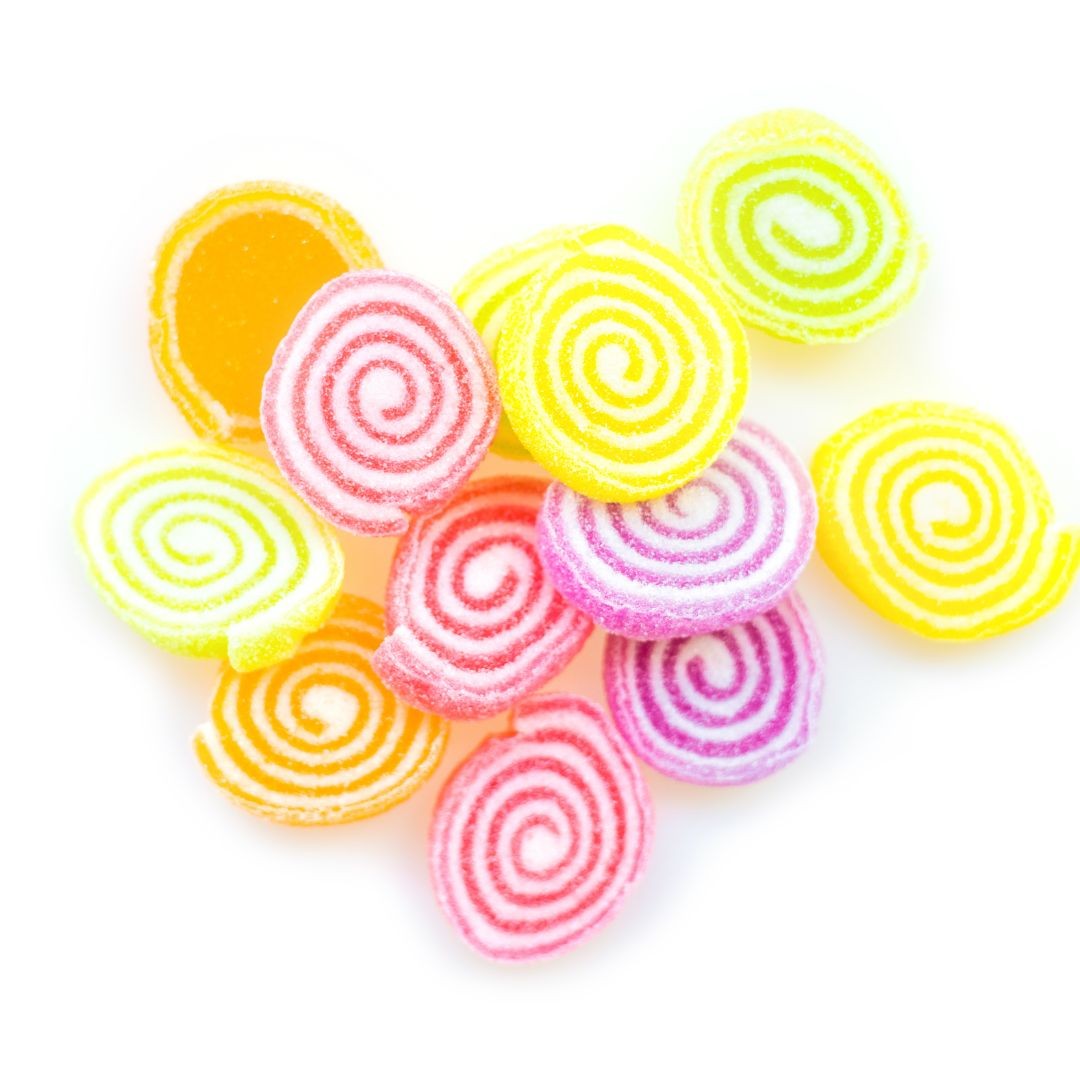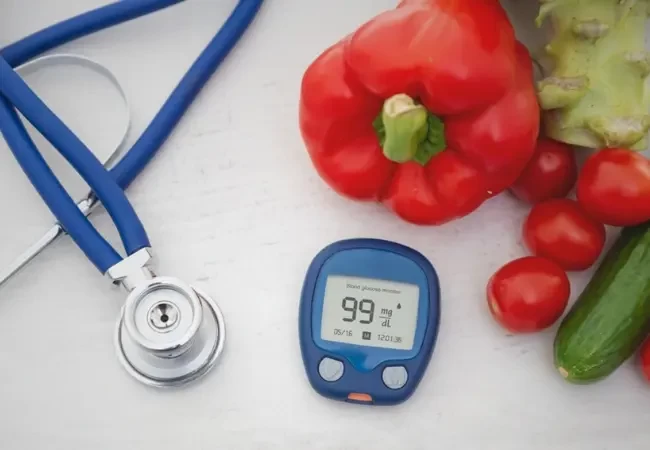Blog
Manage
Hypoclycemia
Stay
Healthy

How to Deal with Hypoglycemia
Hypoglycemia, often referred to as low blood sugar, is a common medical condition that occurs when the level of glucose (sugar) in the bloodstream drops below normal. This condition can affect individuals with diabetes, but it can also occur in people without diabetes due to various reasons. Understanding the symptoms of low blood sugar and how to effectively manage it is crucial for maintaining overall health.

Symptoms of Hypoglycemia
When the glucose level in the blood drops below 70 mg/dL, it signifies the condition of low blood sugar, known as hypoglycemia. Common symptoms include sudden sweating, unresponsive hands and legs, feelings of tension or anxiety, hand tremors, and numbness in the lips and tongue. If you have diabetes, you are likely familiar with these signs as indicators of low blood sugar.

What to Eat During Hypoglycemia
During this time, it's essential to consume simple sugars or sugars that are easily absorbed through the tongue or lips. This can include glucose or regular sugar, typically in quantities of 3 teaspoon or 15g, in 100ml of water.

Alternatively, you can opt for a glass of juice or sugar candy. It's important to avoid foods such as laddu, jalebi, chocolates, ice cream, or cake during this time.


Conclusion
Recognizing the signs and symptoms of low blood sugar, as well as having a plan of action in place is crucial. Remember, it's essential to consult with a healthcare professional for personalized guidance and to develop a comprehensive strategy for managing diabetics effectively. Silverline Hospital in Kochi has established itself as a leading center for diabetes care, with a team of renowned diabetologists providing exceptional treatment and support to individuals dealing with diabetes. Get in touch with Silverline Hospital for more.

More Blogs
-

Struggling with Erection or Early Ejaculation? Here's How to Get Help
Struggling with erectile dysfunction or premature ejaculation? Learn common causes, treatments, and how to seek professional help with confidence.
-

When Should Diabetics Eat? Expert Tips on Meal Timing and Blood Sugar Control
Learn how diabetics can optimize meal timing to better control blood sugar. Expert tips for healthier, more balanced living.
-

Facing the Fear: Understanding Psychological Erectile Dysfunction Before Marriage
Discover the causes and solutions for psychological erectile dysfunction before marriage. Gain insight, support, and confidence for a healthy relationship.
-

Why Overweight Individuals Should Embrace Early Dinners
Ready to lose weight smarter? See why early dinners are a game-changer for overweight individuals aiming for lasting health and weight control.
-

Overweight? Start with This One Powerful Lifestyle Change
Struggling with weight? Most of us eat our heaviest meal of the day at night, usually after 9 or even 10 PM.


 Home
Home  Booking
Booking
 Chat Now
Chat Now  Call Us
Call Us